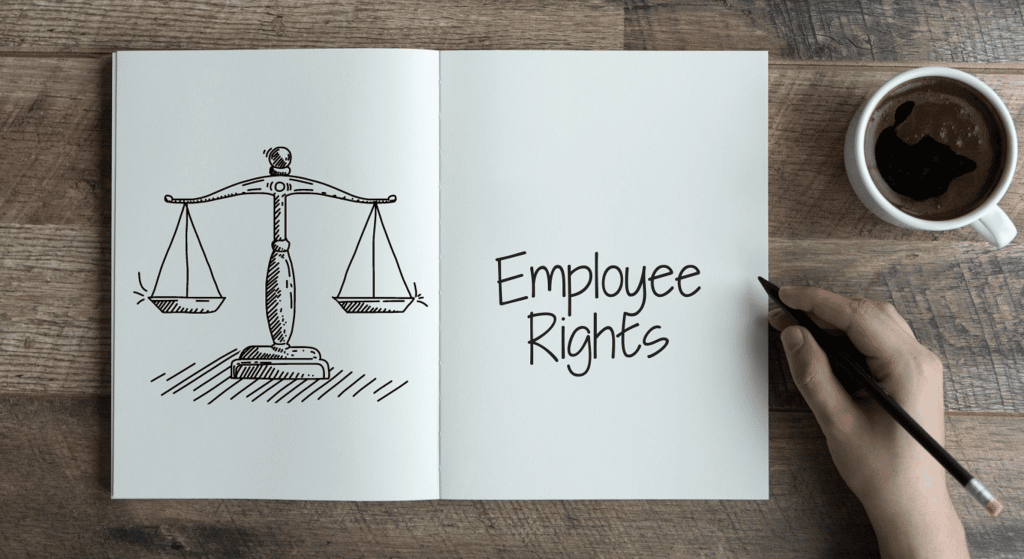When you’re a small business owner, employment law can seem a bit overwhelming. Before you jump in headfirst, it’s important to understand the actual requirements of employment law.
Here’s a basic overview of some key areas. This article addresses employer liability insurance, minimum wage, and the right of employees to form unions.
1. Employers liability insurance is a requirement
Employers’ liability insurance helps pay for the costs of lawsuits involving work-related injuries and illnesses. It is usually included in workers’ compensation insurance policies, but in some states, it is a separate policy.
Employers liability insurance is essential for small businesses because a single lawsuit can bankrupt a small business.
Coverage is required for all businesses with more than two employees. This includes temporary, part-time, and seasonal employees. It also covers family members of employees.
Businesses with fewer than two employees aren’t required to carry coverage, but they should still consider it. Sole proprietors, partners, and LLC members are not required to carry coverage, but they can decide to do so if they wish to.

In addition, it is not required for independent contractors to carry workers’ compensation insurance, but they can opt-out of this insurance if they choose.
2. Minimum wage
Minimum wage increases aren’t just good for employees; they’re also good for small businesses.
Studies show that businesses that increase the minimum wage have happier, more loyal employees. And when workers make more money, consumers spend more. So, it makes economic sense for small businesses to pay more, right?
However, there are some downsides. For one thing, the increased cost of labor will make it difficult for small businesses to weather an economic downturn.
In addition, it will make it harder for them to compete with larger companies. It’s also important to note that every dollar increased by the minimum wage is being paid for by someone else.
3. Unfair labor practices
The Fair Labor Standards Act protects employees from unfair labor practices such as coercing or threatening them.
It also protects employees from termination or suspension for engaging in protected activities. Employees who are subjected to unfair labor practices should seek legal advice. Employers can also be penalized for violating their rights.
Employers cannot discriminate against employees based on their race, gender, religion, or national origin.
4. Employees’ rights to form unions
The National Labor Relations Act gives employees the right to form unions. The National Labor Relations Board oversees this process. The Act gives employees the right to organize and to have a union that represents them fairly.
However, it is important to note that there are several requirements for a union to be legitimate.
First, the employer must provide reasonable and effective meetings for the union and the employees to bargain in good faith. Negotiations must address mandatory subjects, such as wages, hours, vacation time, health insurance, and safety practices. Non Mandatory subjects, such as management decisions, may be subject to negotiation.
However, the managers must take into account the effects on the unit employees. If the employer refuses to meet the requirements for collective bargaining, it will be deemed an unfair labor practice.
5. Protections from wrongful termination or wrongful discharge
In the state of Montana, workers are protected from wrongful discharge and termination under a general wrongful discharge statute. However, the law relies on litigation to enforce the provisions.
A variety of bills have been introduced in recent years to improve the protection of workers from unjust dismissal. They differ in approach, but in general, the following proposal attempts to combine the most helpful aspects of each bill.

Under the general wrongful discharge statute, employers who employ five or more workers are prohibited from dismissing them without cause.
Among the steps that employers can take to reduce their risk of wrongful termination or wrongful discharge claims include having comprehensive employment policies and documentation.
These policies must comply with state employment laws and should not impose unreasonably high requirements on employees. In addition, all disciplinary actions and employee reviews should be documented to prove that the policies were followed without discrimination and that better can be done with the consultation of lawyers like Levitt LLP.
The documentation should also contain the reasons for the termination and the corrective actions taken.

